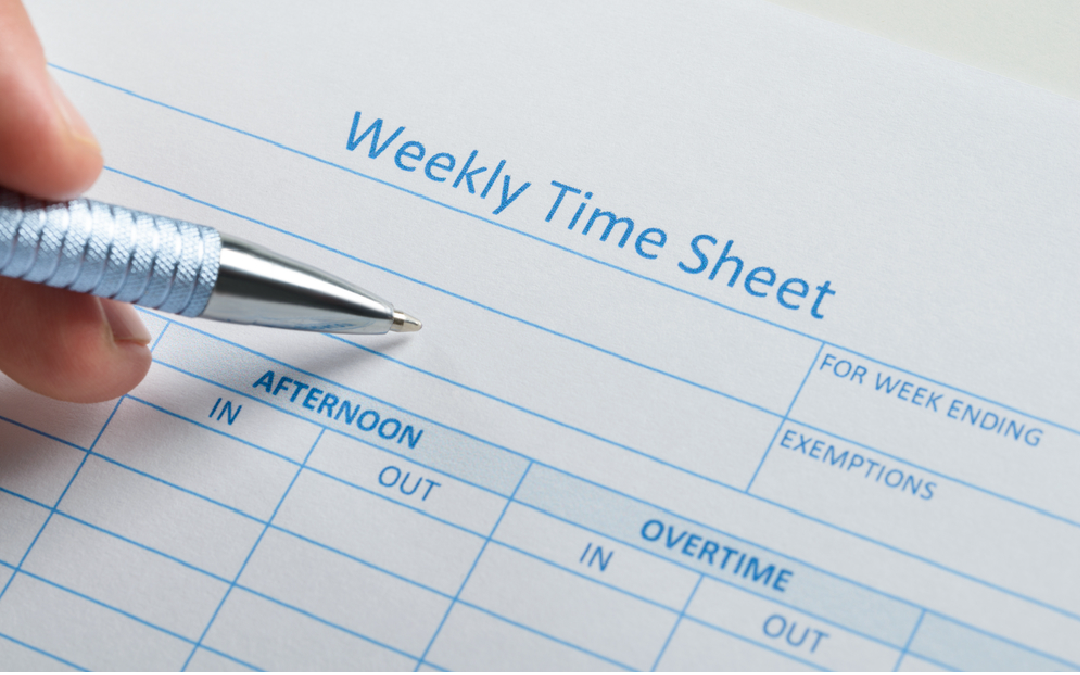People ask us this question constantly. We’re tax specialists, and it’s a common one. Taxes on overtime are a frequent source of anxiety. The added income from extra hours can be a blessing, but the added tax burden is a common concern. Budgeting is easier when you understand how your pay is affected. Let’s clear up some confusion about taxes and overtime pay.
The Short Answer: It’s Not That Simple
The short answer is also, no, overtime hours aren’t taxed more. But, and this is a big but, there are some nuances to consider. Overtime pay is still subject to the same tax rates as your regular income, but the way it’s taxed can vary depending on your individual circumstances.
How Overtime Pay Affects Your Tax Bracket
Here’s the thing: overtime pay can push you into a higher tax bracket, but only if your total income exceeds the threshold for your current bracket. Think of it like a game of tax bracket limbo – how low can you go without getting pushed into the next bracket?
For example, let’s say you’re single and your regular income puts you in the 22% tax bracket. If your overtime pay pushes your total income into the 24% tax bracket, you’ll pay 24% on the amount above the threshold, not on the entire overtime amount.
Tax Withholding on Overtime Pay
Now, here’s where things can get a bit tricky. When you receive overtime pay, your employer may withhold taxes at a higher rate than usual. This is because the IRS requires employers to withhold taxes on overtime pay as if it were a bonus, using the supplemental income tax rate.
The supplemental income tax rate is a flat 22% (or 37% if your overtime pay exceeds $1 million). This means that your employer may withhold more taxes than usual on your overtime pay, but this doesn’t necessarily mean you’ll owe more taxes when you file your return.
What You Can Do to Minimize the Tax Impact
So, what can you do to minimize the tax impact of overtime pay? Here are a few tips:
- Check your withholding: Review your pay stubs and ensure your employer is withholding the correct amount of taxes on your overtime pay. You may need to adjust your W-4 form to avoid over- or under-withholding.
- Consider consulting a tax pro: If you’re unsure about how overtime pay will affect your taxes, consult a tax professional to get personalized advice.
- Take advantage of tax-advantaged accounts: If possible, consider contributing to tax-advantaged accounts like a 401(k) or IRA to reduce your taxable income and minimize the tax impact of overtime pay.

The key takeaway is… Taxes? Get to know what you owe.
So, while extra hours don’t get a special tax rate, they can really change how much you owe. Taxes and overtime don’t always mix. Figuring out how your overtime pay affects your tax bracket and withholding can save you from a big tax bill later. It’s tax time prep made easy.
Stay ahead of the tax game; it pays to be prepared. So, go ahead and breathe a sigh of relief – now you know the truth about overtime hours and taxes!



